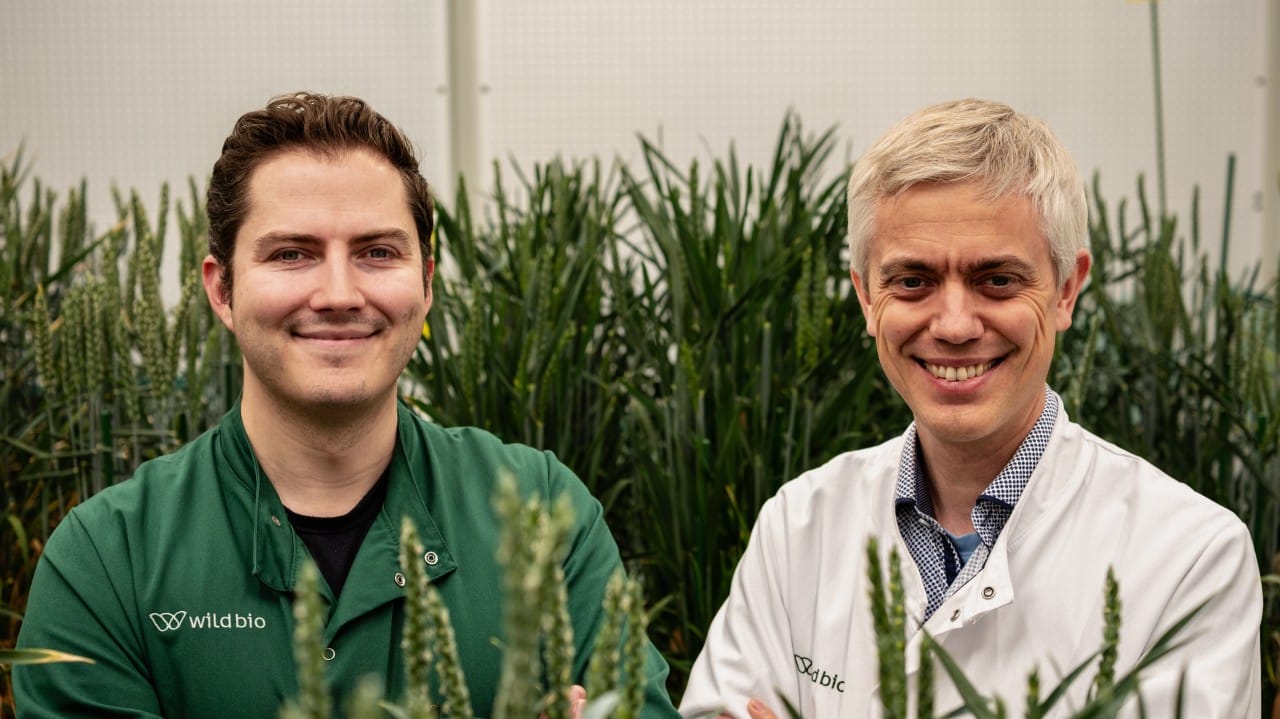Key Takeaways:
- $60 million Series A round led by the Ellison Institute of Technology (EIT), with participation from Oxford Science Enterprises (OSE), Braavos Capital, and the University of Oxford
- Wild Bio develops improved crop varieties using AI and precision breeding to boost yield, resilience, and sustainability
- Funding will accelerate field trials and commercialization across multiple markets
- Marks the first co-investment between EIT and OSE in Oxford’s innovation ecosystem
Breakthrough in AI-Driven Crop Genetics
Wild Bioscience (Wild Bio), an Oxford University spinout developing improved crop varieties through artificial intelligence and precision breeding, has raised a $60 million Series A investment. The round was led by the Ellison Institute of Technology (EIT) with continued support from Oxford Science Enterprises (OSE), Braavos Capital, and the University of Oxford.
Wild Bio’s platform decodes evolutionary data from wild plant species to identify traits that enhance productivity, resilience, and sustainability in modern crops. The insights gained are used to guide precision breeding strategies that deliver measurable improvements in yield and stress tolerance.
Scientific Leadership and Global Impact
Founded in 2021 by Dr. Ross Hendron and Professor Steve Kelly, Wild Bio originated at the University of Oxford to translate groundbreaking plant biology research into scalable agricultural solutions. The company has grown to a team of 30 and is currently running field trials across four countries.
“Advancing agriculture has limitless potential to help people and the planet,” said Dr. Ross Hendron, Co-Founder and CEO. “With this funding, we’re ready to scale our operations and bring our innovations to farmers around the world.”
Professor Steve Kelly, Head of the Plant Biology Institute at EIT and Co-Founder and CSO of Wild Bio, added, “Combining EIT’s and Wild’s research will create a powerful synergy to reshape sustainable agriculture, accelerating the delivery of innovative technologies that enhance crop performance and environmental outcomes.”
Strategic Investment and Collaboration
Larry Ellison, Founder of EIT, CTO and Chairman of Oracle, noted, “Wild Bio is using AI to learn from millions of years of plant evolution. These insights, combined with precision breeding, are enabling the development of crops with higher yields and stronger climate resilience. EIT is committed to helping Wild Bio reach commercial scale and strengthen global food security.”
The round also represents the first joint venture investment between EIT and OSE — a milestone for Oxford’s innovation ecosystem.
“We’re thrilled to partner with the Ellison Institute of Technology as co-investors in Wild Bioscience,” said Ed Bussey, CEO of Oxford Science Enterprises. “Wild Bio exemplifies how Oxford scientists can transform breakthrough ideas into global solutions. This investment reinforces confidence in Wild’s scientific edge and mission to build a sustainable food system.”
Wild Bio's Next Steps
With Series A funding secured, Wild Bioscience will expand its R&D and commercial operations, advancing from successful field trials toward market-ready seed varieties. The company aims to position itself at the forefront of agricultural innovation by integrating evolutionary biology, AI, and precision breeding to help feed a growing global population under increasingly unpredictable climate conditions.


